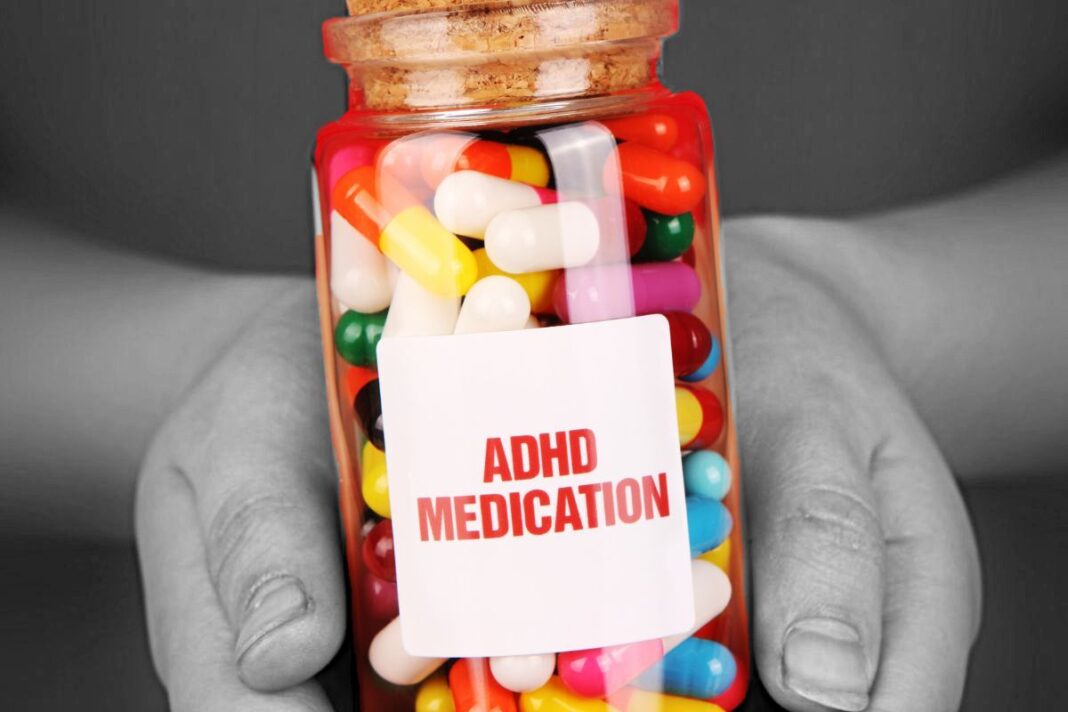While the risk is small, spotting symptoms early can make a big difference in outcomes.
A recent study of nearly 400,000 patients found that people with attention-deficit/hyperactivity disorder (ADHD) who take stimulants face a small but notable risk of developing psychosis or bipolar disorder. About 3 percent of patients developed one of these conditions after starting medication.
Key Findings
The meta-analysis, published in JAMA Psychiatry, pooled results from 16 studies across North America, Europe, and Asia. It was the first-ever systematic analysis looking at both psychosis and bipolar disorder in relation to ADHD medications.
The study reviewed both amphetamines and methylphenidate, two common stimulant drugs used to treat ADHD. Amphetamines were associated with roughly 60 percent higher odds of developing psychotic symptoms compared with methylphenidate.
On average, stimulant treatment was linked with psychotic symptoms in 3 percent of patients and bipolar disorder in 4 percent.
The studies did not establish baseline rates of these conditions in untreated ADHD patients, making it difficult to determine how much of the observed risk stems from the medications versus the underlying disorder.
Despite the findings, researchers emphasized that stimulants should remain the first-line treatment for most patients, but called for better patient education and monitoring.
Possible Driving Factors
Another meta-analysis found that children with ADHD have nearly a fivefold risk of developing psychosis later in life compared with the general population. They also have a higher risk of bipolar disorder.
At the brain chemistry level, ADHD, psychosis, and bipolar disorder all involve disruptions in the same neurotransmitter—dopamine. Stimulants increase dopamine levels, which is also associated with psychosis and bipolar risk.
Psychosis and bipolar disorder are often linked to high dopamine activity. While people with ADHD often have low dopamine levels, stimulants raise those levels.
Psychosis risk was highest in the United States, where amphetamines such as Adderall and Vyvanse are the first-line treatment for ADHD. Amphetamines are associated with a higher risk of psychosis and mania than methylphenidate because they trigger a much greater dopamine surge—up to four times more.
In contrast, methylphenidate is the first-line choice across much of Europe, where the studies in the review reported much lower rates of psychosis.
Misusing amphetamines by taking doses that are too high can also trigger psychosis or mania. A 2024 Harvard-led study found that high doses of amphetamines (more than 30 milligrams of dextroamphetamine, or roughly 40 milligrams of Adderall) were associated with more than a fivefold increase in risk of psychosis or mania.
Dr. Sharon Batista, an assistant clinical professor of psychiatry at Mount Sinai Hospital, told The Epoch Times that symptoms of stimulant-induced psychosis tend to emerge soon after starting or increasing a dose.
“Families and clinicians should be vigilant for new-onset hallucinations, paranoia, or extreme mood elevation,” she said. “These are red flags that require immediate medical attention.”
Bipolar disorder, psychosis, and ADHD also share similar symptoms such as mood swings, poor sleep, and distractibility.
“Misdiagnosis can lead to inappropriate treatment, so careful evaluation is essential,” Batista said.








